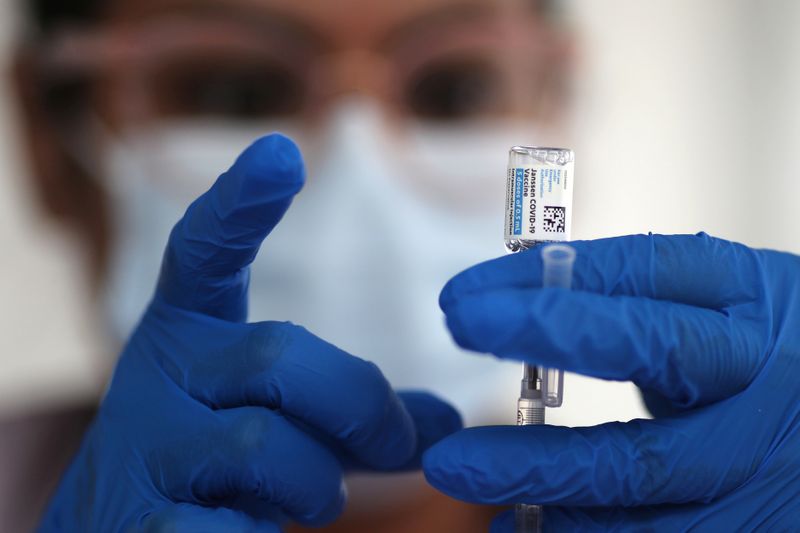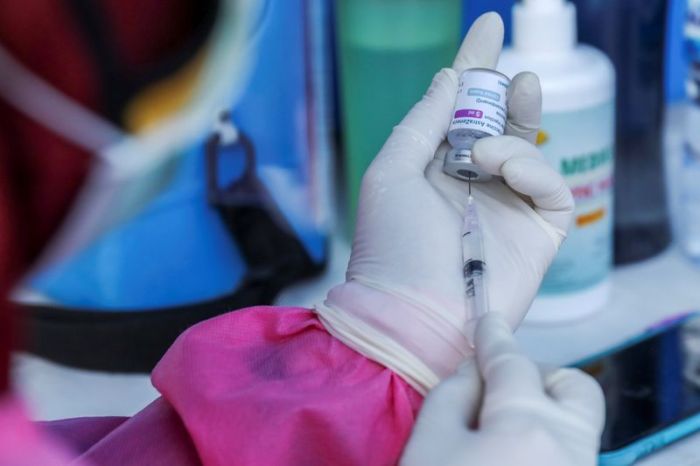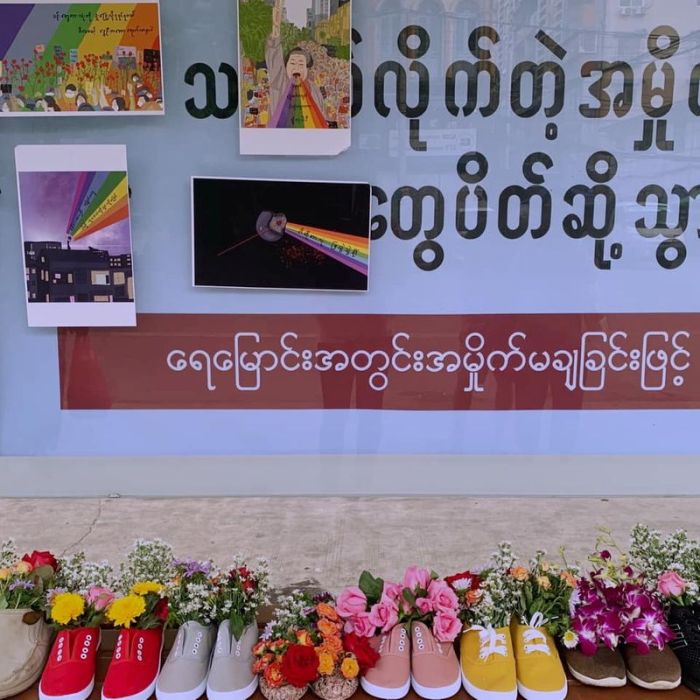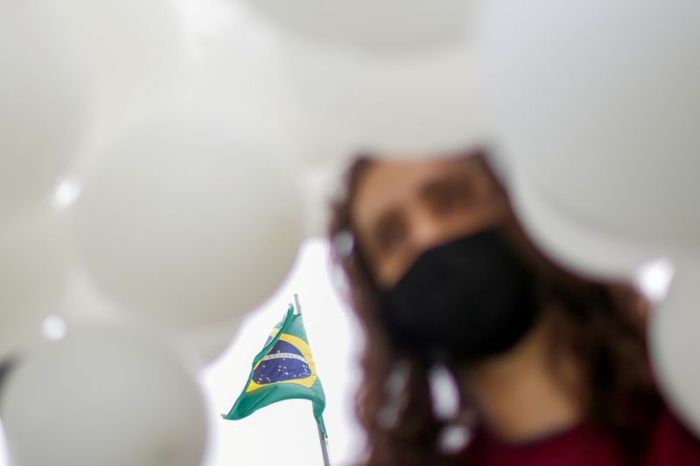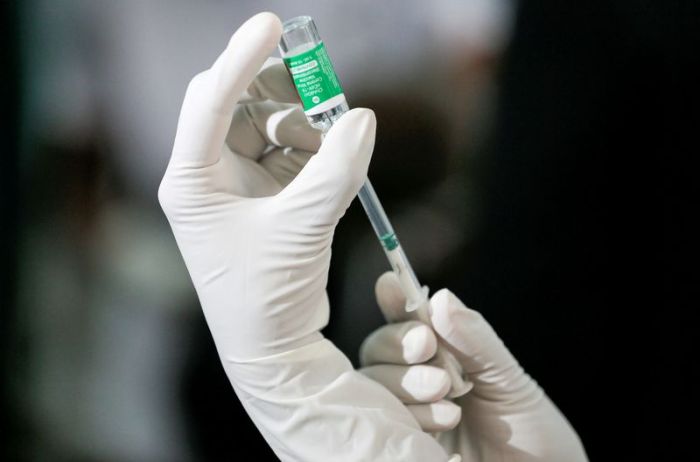By Shubham Kalia
(Reuters) -The U.S. government will allocate nearly 85% fewer Johnson & Johnson COVID-19 vaccine doses to states next week, according to data from the Centers for Disease Control and Prevention (CDC), due to uneven production related in part to problems at a Baltimore manufacturing plant.
Allocations will fall to 785,500 doses from 4.95 million doses this week. The data does not include a federal retail pharmacy program.
An official from the U.S. Department of Health and Human Services (HHS), who did not wish to be named, told Reuters that J&J released about 1.5 million doses to the U.S. government this week, compared with about 11 million doses last week. The allocation and distribution of COVID-19 vaccines is handled by the federal government.
HHS expects J&J’s supply to be uneven, the official said, but added that the company had promised it was on track to meet its commitment of delivering close to 100 million doses by the end of May.
J&J did not respond to requests for comment.
J&J last month said it had delivered enough of its one-dose vaccine by the end of March to enable full vaccination of more than 20 million people. The company said it would be able to deliver an additional 24 million doses through April.
A New York Times report last week said that workers at an Emergent BioSolutions facility in Baltimore contracted to make both the AstraZeneca Plc and J&J vaccines, mixed up ingredients of the two shots, ruining 15 million J&J doses.
The Baltimore facility has not been authorized by the U.S. Food and Drug Administration, and a federal health official told Reuters last week that no vaccines produced at the plant had gone into arms.
A report from last year posted by the FDA on Thursday showed that inspectors had flagged several issues at the plant in April 2020, before the company began making COVID-19 vaccines, including inadequate controls to prevent contamination, training problems, and other quality control issues.
“We have worked and continue to work closely with the federal government in support of the COVID response,” Emergent spokesman Matt Hartwig said in an email. “These FDA observations were addressed and reviewed in detail with FDA during their recent site visits in September 2020 and February 2021.”
According to CDC data, California receives largest allotment of the J&J vaccine, followed by Texas and Florida. The vaccine allocation for California will be down by about 88%, with the state set to receive a maximum of 67,600 doses next week.
A California health official told Reuters that the state’s allocation will fall further to 22,400 doses in the week starting April 18.
(Reporting by Shubham Kalia and Aakriti Bhalla in Bengaluru; Aadditional reporting by Ankur Banerjee in Bangaluru and Michael Erman in New York; Editing by Simon Cameron-Moore and Bill Berkrot)

